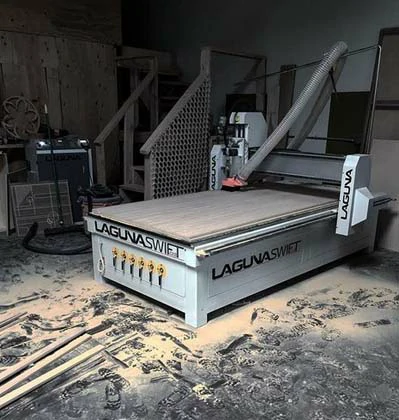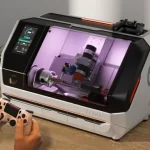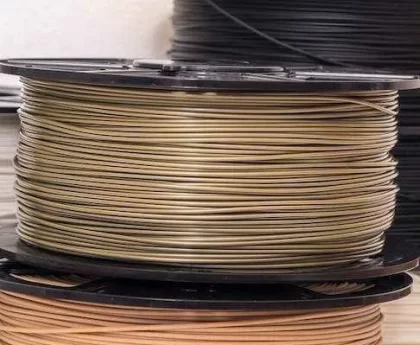Analysis of the influence factors of machining accuracy on the quality of CNC machined parts
Introduction
Machining accuracy is a critical aspect in the production of CNC machined parts. It directly affects the quality, performance, and functionality of the final product. In order to ensure high precision and meet the specifications, it is important to understand and address the various factors that influence machining accuracy. This article will analyze three key factors that significantly impact the machining accuracy and subsequently the quality of CNC machined parts.
Factor 1: Machine Tool Capability
The capability of the machine tool used plays a vital role in determining the machining accuracy. Factors such as the rigidity of the machine structure, the precision of the spindle, and the accuracy of the positioning system all contribute to the overall machining accuracy. A machine tool with higher rigidity can withstand the cutting force and vibrations, resulting in improved accuracy. Similarly, a precise spindle ensures stable rotation, reducing the chances of errors. The accuracy of the positioning system, including the linear guides and ball screws, directly affects the dimensional accuracy of the machined parts.
Factor 2: Cutting Parameters and Tooling
The selection of cutting parameters and tooling has a significant impact on machining accuracy. The cutting speed, feed rate, and depth of cut directly affect the forces exerted on the workpiece during the cutting process. Improper selection of these parameters can lead to excessive material removal or inadequate chip evacuation, resulting in poor accuracy. Additionally, the choice of cutting tools, such as end mills or drills, their geometry, and wear status, can also affect the machining accuracy. Worn-out tools may introduce vibrations and deviations, reducing the precision of the machined parts.
Factor 3: Workpiece Material and Fixturing
The material properties of the workpiece and the method of fixturing have a significant influence on machining accuracy. Different materials have varying mechanical properties, such as hardness and thermal conductivity, which affect the machining process. Harder materials may require different cutting parameters and tooling compared to softer materials. Moreover, the fixturing of the workpiece, including clamping methods and fixtures, is crucial for maintaining the desired accuracy. Improper fixturing can introduce distortion or displacement, resulting in dimensional variations and compromised machining accuracy.
In conclusion, machining accuracy is a critical factor affecting the quality of CNC machined parts. The machine tool capability, cutting parameters and tooling, and workpiece material and fixturing are three key factors that significantly influence machining accuracy. By understanding and optimizing these factors, manufacturers can achieve higher precision and ensure the production of high-quality CNC machined parts.
.webp)





